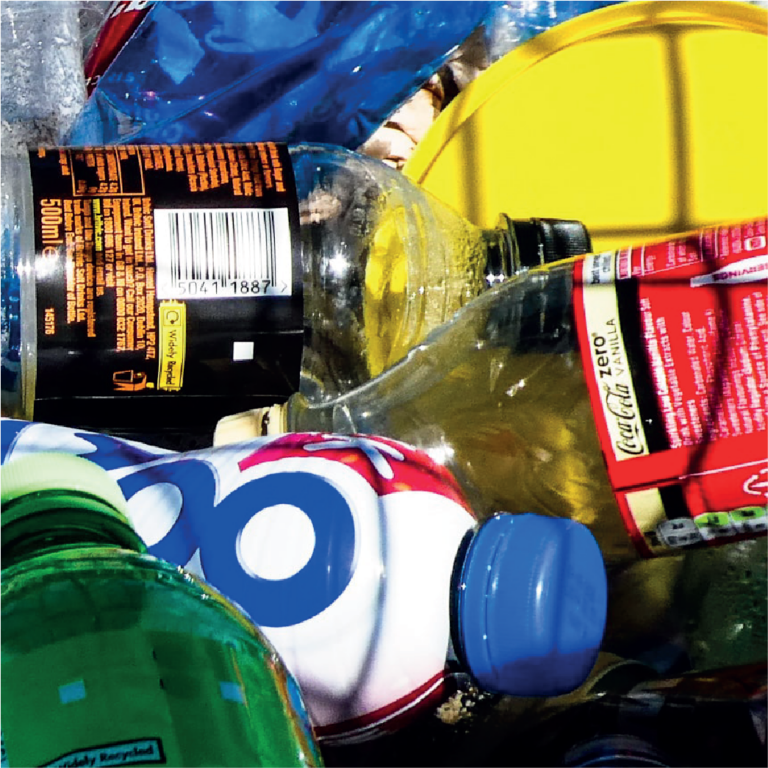The earliest form of man-made plastic was created in 1855 by a man named Alexander Parkes. It was called Parkesine but known to us as Celluloid.
In 1907 the first synthetic plastic was created. This meant it contained no molecules of nature. Known as Bakelite it was pioneered by Belgian chemist Leo Baekeland.
Decomposing Plastic
Plastics can take from 20 years up to 1000 years to decompose in landfill.
| Item | Years to Decompose |
| Plastic Straws | Up to 200 |
| Plastic Bottles | Up to 450 |
| Plastic Bags | Up to 1000 |
Plastic bags never completely decompose, they become microplastics which absorb toxins and continue to pollute the environment.
Returning To Nature
There are so many products we could use that are made from natural materials, for example paper bags or hessian sacks, and yet we choose to use an unnatural product like plastic.
| Item | Alternative |
| Plastic milk bottle from shop | Glass milk bottle from milkman |
| Shower gel in bottle | Bar of soap in paper or cardboard |
| Plastic Shopping Bag | Paper or hessian bag |
| Plastic food storage | Glass food storage |
| Cling wrap | Foil or Beeswax wraps |
| Plastic Straws | Paper straws or no straws |
| Plastic Bottles | Reusable water bottle |
| Food Packaging in supermarkets | Visit butchers and greengrocers |
| Toys | Give to charity or use wooden toys |
| Recyclable Plastic | Recycle instead of putting in bin |
Plastic is something we use a lot, yet it could easily be replaced for natural made products that would be kinder on the environment. Next time you pick up a plastic product, think – is it something I really need, or is there a natural based alternative? Remember, even the smallest changes can make a difference so let’s all do our bit for nature and the environment. For more information check out the Plastic Free July website here.
By Nicola Martin





